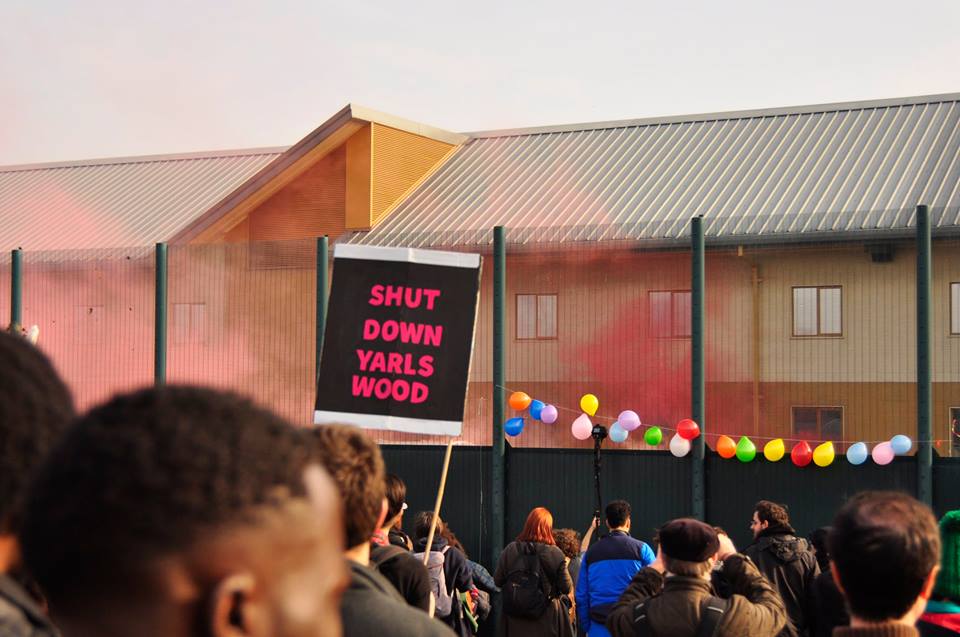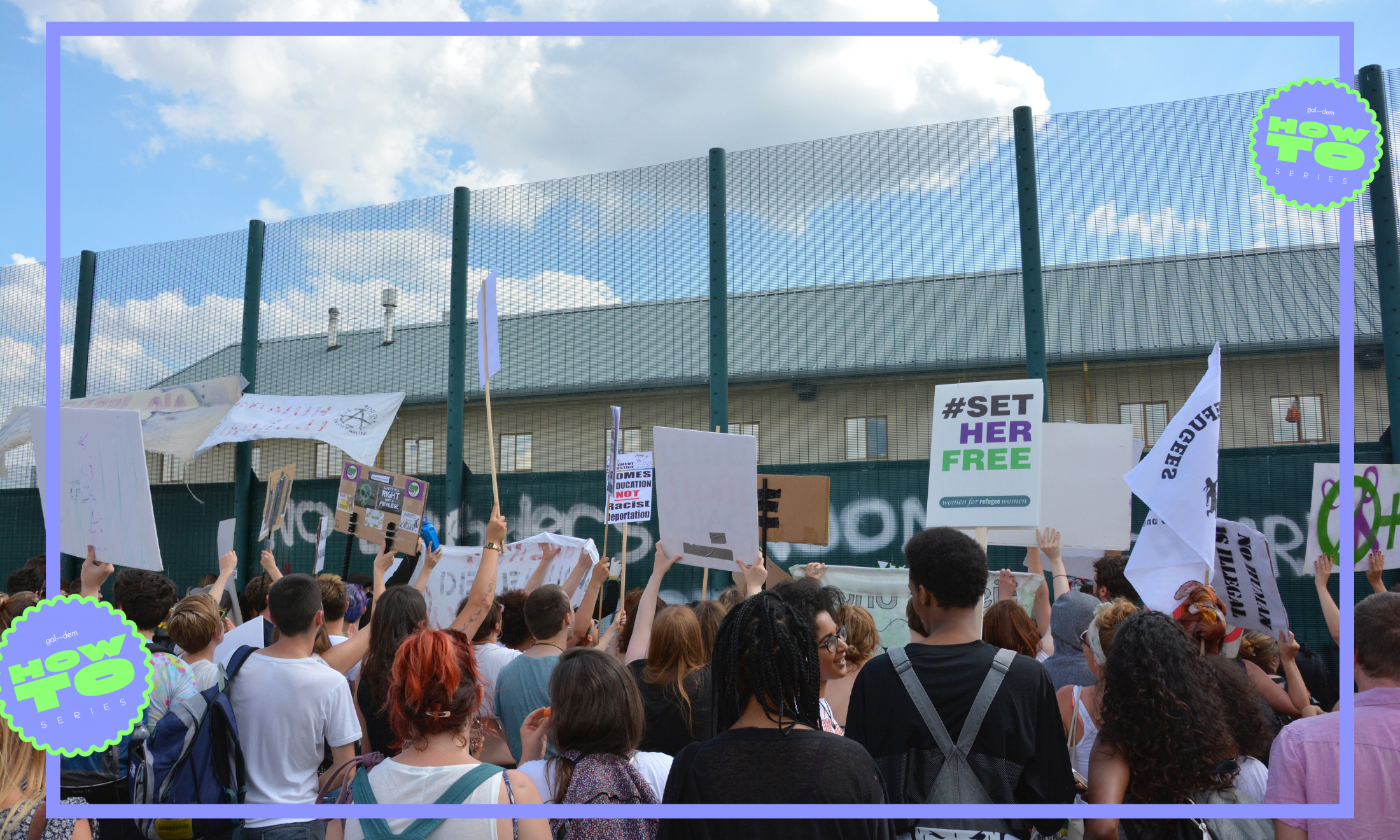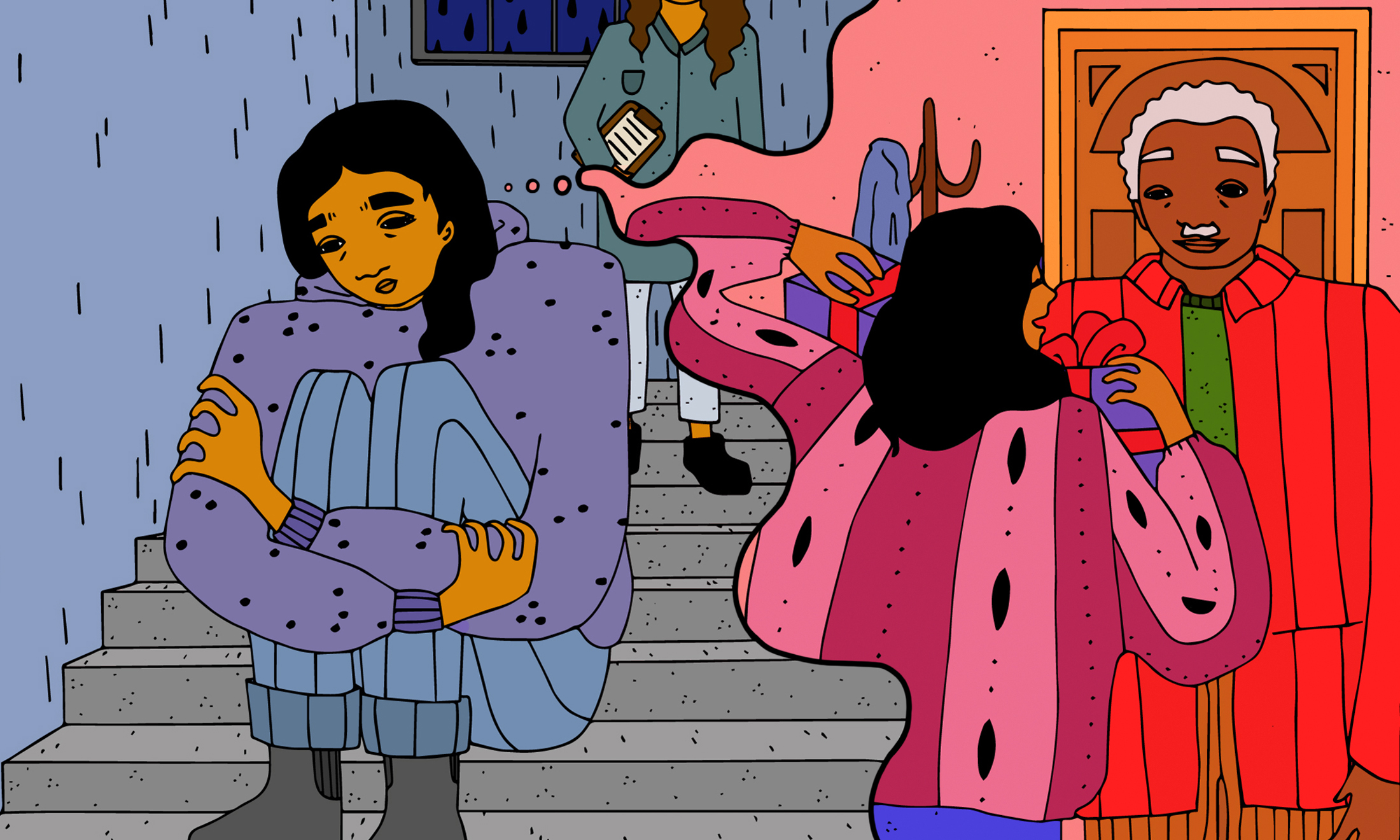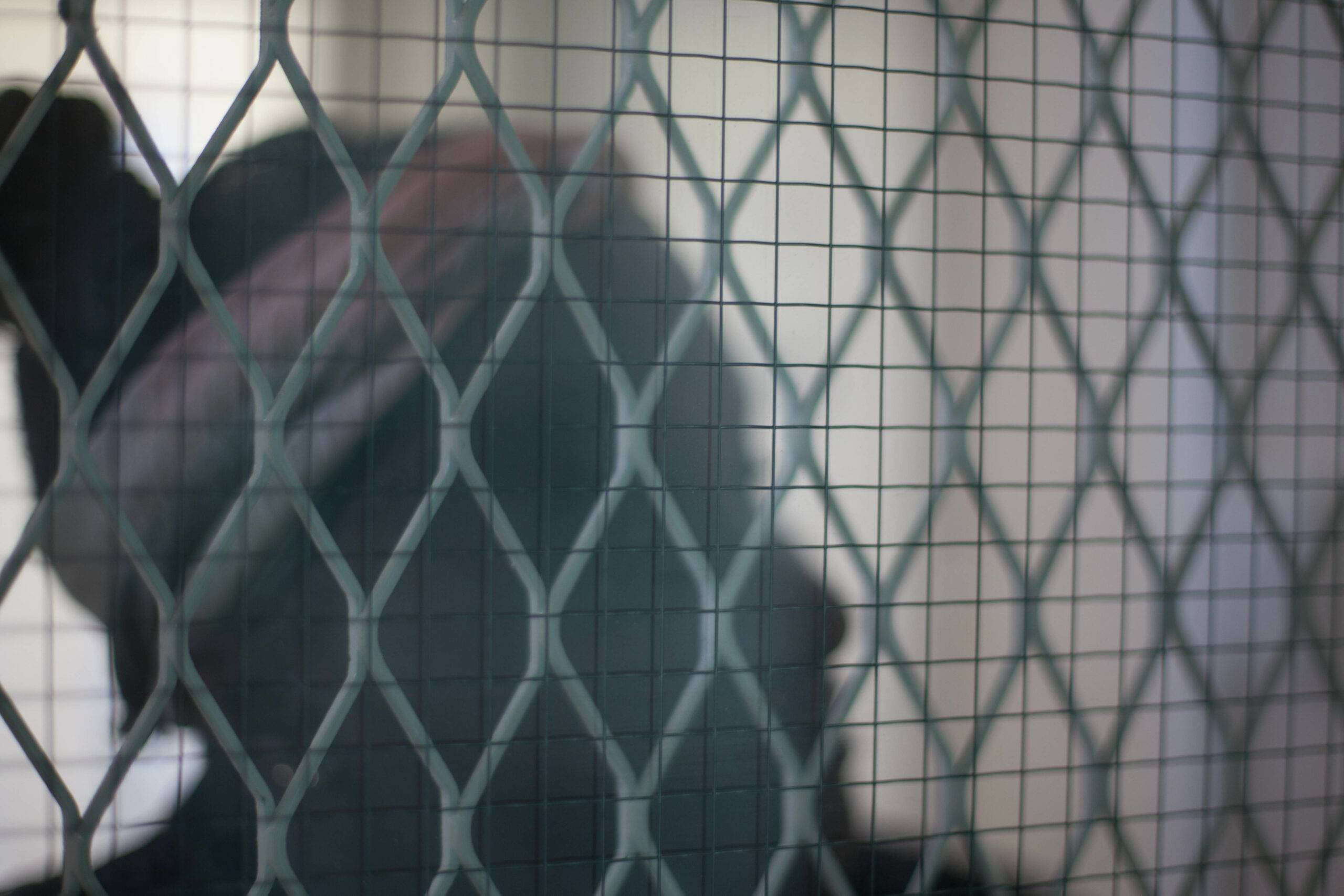
People worrying more about pets than prisoners in a pandemic is peak white supremacy
Gracie Mae Bradley
23 Apr 2020
This week was meant to see the Immigration Bill introduced to Parliament; the legislation which would, as Home Secretary Priti Patel crowed, “end free movement once and for all”, and subject millions more people to the hostile environment. The Bill has been pulled for now, against the backdrop of the government chartering a flight to bring in “low-skilled” Romanian workers to pick fruit – a stark contrast with February’s deportation charter flight to Jamaica. As dead migrant medics are clapped for paying the ultimate sacrifice in service of the nation, a new poll carried out by nfpSynergy for Liberty has found that people in immigration detention rank narrowly above pets in the grand scheme of people’s worries about the current crisis – and prisoners rank even lower.
These results are not surprising given that politicians, the media, and let’s face it, a large proportion of society are all too happy to dismiss the evidence that prisons and immigration detention are in themselves institutions that expose people to enormous harm. The danger of incarceration is even greater during a pandemic, as people are unable to socially distance and have limited access to healthcare and sanitation, personal protective equipment is scarce, staff are inexplicably focused on bizarre dance routines and contact with the outside world is even more restricted than usual.
“Only weeks ago the Home Office tried to harness that social stigma to justify its refusal to free people from detention in the face of Covid-19 by tweeting that people in immigration detention are ‘dangerous criminals’. This is untrue”
Indeed, only weeks ago the Home Office tried to harness that social stigma to justify its refusal to free people from detention in the face of Covid-19 by tweeting that people in immigration detention are “dangerous criminals” detained for public safety. This is untrue. People are in theory detained on immigration grounds in the UK where there is a realistic prospect of their forcible removal to another country. However, as Detention Action argued in court, in the context of a global pandemic “removal” to another country is incredibly unlikely. In practice, people can end up detained for months and even years, with poor healthcare and inadequate treatment for pre-existing trauma, and all too often, are exposed to further trauma and abuse by detention itself.
In addition to the sinister practice of detention, the Home Office exposes migrants to harm in myriad ways. Some migrants are charged for hospital treatment at 150% of the cost, which can run into tens of thousands of pounds. Personal data is also shared between NHS Trusts and the Home Office when people try to access care. The paltry concession that testing and treatment specifically for coronavirus will not be chargeable is little counter to the massive deterrent effect of the continuing hostile environment in the NHS. These policies are lethal and callous at the best of times. In the context of a global pandemic, they are unspeakable. They not only put migrants at risk – they put public health on the line.
The lack of accessible welfare support for migrant communities also threatens public health, particularly in the context of coronavirus. This weekend the Guardian reported that some migrant taxi drivers are continuing to work because they cannot access benefits, with at least one driver having died of Covid-19. Liberty Investigates, the new investigative journalism at Liberty, found that a homeless person with Covid-19 symptoms was left to sleep on a bus by his local authority because he was excluded from mainstream support due to his immigration status, under a condition known as “No Recourse to Public Funds” (NRPF).
Labour’s Shadow Immigration Minister has written to the Home Office asking for NRPF to be suspended. This is a welcome and necessary but insufficient call; the whole hostile environment must end immediately. That would involve creating a firewall between essential public services and the Home Office, and universal access to all essential goods and services, including work and housing. Everyone in immigration detention should be freed – and this shouldn’t be justified simply by contrasting “innocent” migrants with “dangerous” prisoners, but rather on the grounds that in a pandemic, all places of detention are even more unsafe – and that includes prisons too.
“None of us live single-issue lives, and protecting migrants’ rights goes far beyond immigration policy”
Ultimately, none of us live single-issue lives, and protecting migrants’ rights goes far beyond immigration policy. Migrants are more likely to work in low-paid or insecure jobs, and Britain’s immigration laws are deeply racialised. That means that measures to properly safeguard workers’ rights and incomes, protect renters and people with caring responsibilities, and to counter discrimination in policing and healthcare are vital facets of a migrant justice-centred response to this pandemic.
Nor can we afford to take our eye off supposedly temporary surveillance measures, which have a not-so-mysterious habit of becoming permanent. The government already used the Data Protection Act 2018 to strip us of our data rights when it comes to immigration control. Now security tech giant Palantir, instrumental in powering mass deportations under Donald Trump’s administration, has been contracted to run data analytics for the NHS. It doesn’t take much to imagine what could go wrong for migrants and everyone else if the company is able to gain a permanent foothold in the NHS.
Every time there is a disaster, be it the Grenfell Tower fire, the deaths of the Essex 39, a migrant worker who dies because they are too afraid to seek medical help, or a rape victim who reports the perpetrator to the police only to be arrested herself, the same demands are made of the Home Office to protect migrants’ right. And yet the hostile environment continues.
There are those who understandably think that perhaps the contribution of migrant workers to the NHS and social care will finally lift the scales from the eyes of those in the seat of power. This is optimistic at best. There are also those who contend that this is the moment for an amnesty; for the regularisation of all undocumented people. But that leaves the hostile environment intact to violate the rights of people who end up undocumented in the future.
This pandemic is a waking nightmare. It is also a moment in which so many things that were purportedly impossible are being implemented at the stroke of a Ministers’ pen. So now is the time to insist that immigration enforcement cannot take priority over human life – during this pandemic, or ever.
Gracie Bradley @graciemaybe, is policy and campaigns manager at Liberty, a civil liberties organisation and campaign group

Britain’s policing was built on racism. Abolition is unavoidable

How Pakistan’s Khwaja Sira and transgender communities are fearing and fighting for their futures

Their anti-rape performance went viral globally. Now what?






